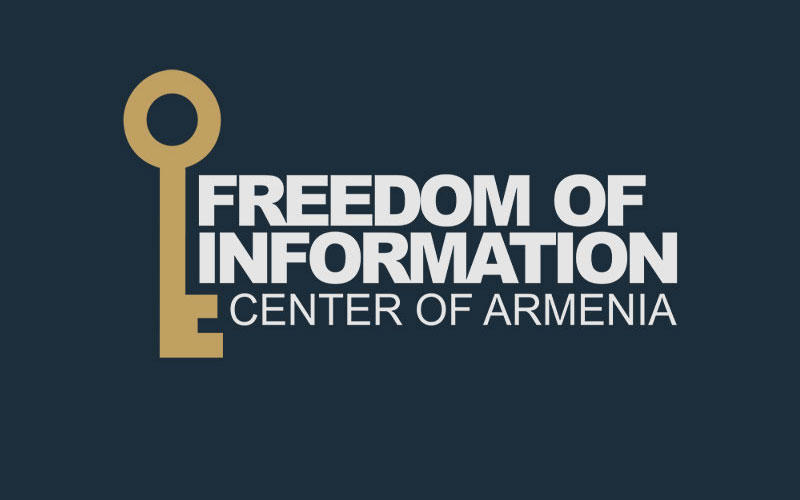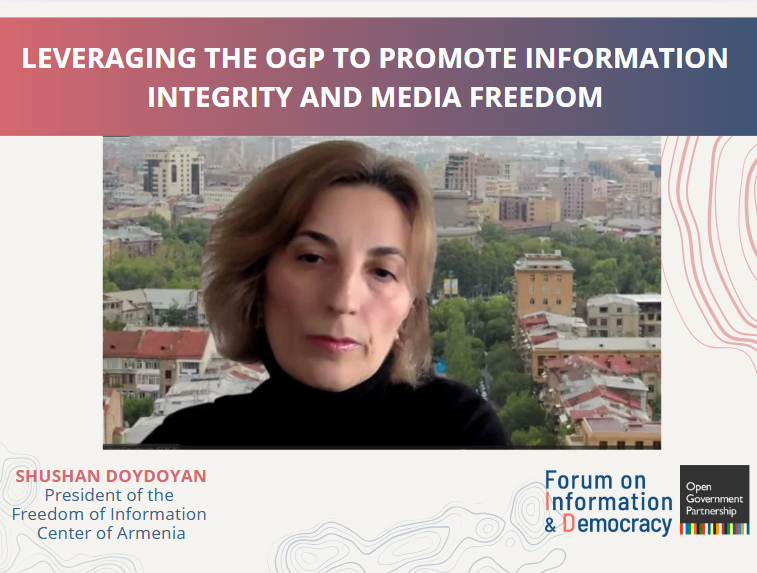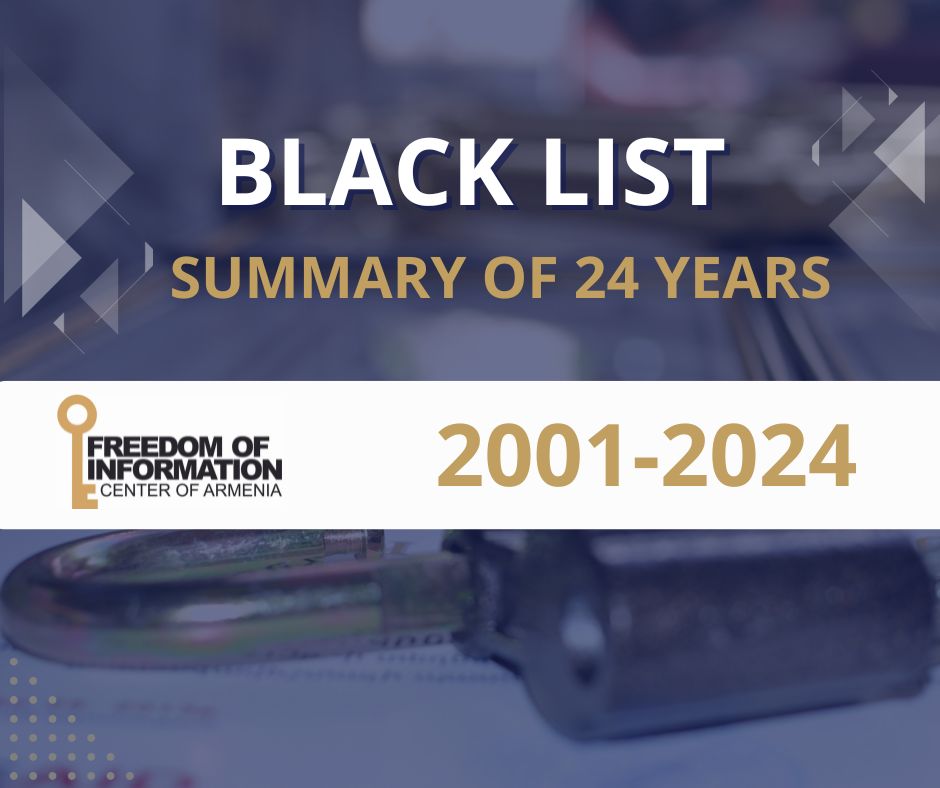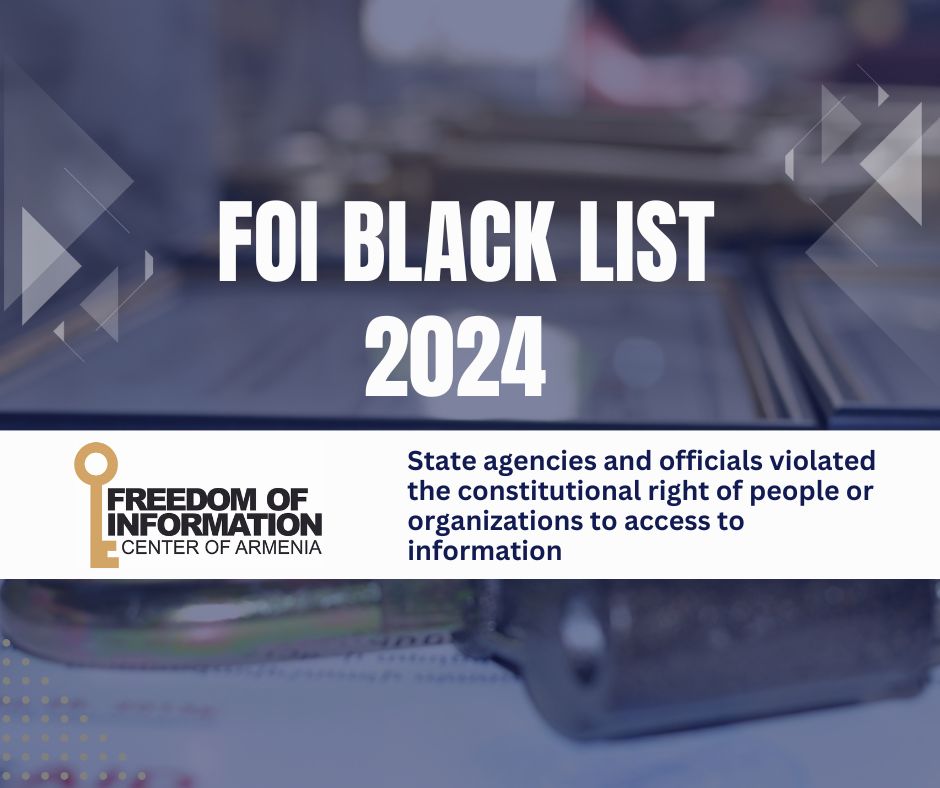Demark, Armenia and Paraguay have joined the Open Government Partnership, bringing OGP membership to 49.
Their commitments come as the OGP prepares for a meeting in Brazil Dec. 7-8 and as comments arrive on the organization’s proposed disclosure policy.
In other OGP-related developments:
– Tanzania’s efforts to prepare its action plan were faulted in several blog postings by civil society commenters.
– World leaders at the Asia-Pacific economic Cooperation summit in Hawaii issued a statement on open governance. APEC countries are to submit comprehensive reports on their anti-corruption and transparency policies by the end of 2014, to be preceded by interim reports by economies in 2012 and 2013.
– President Obama, following through on an OGP commitment, called for a large-scale transformation in how agencies maintain their records, as described here.
Officially launched in September in New York City, the OGP aims to advance a broad transparency agenda. Member countries agree to prepare action plans and carry them out, with their efforts subject to internal and external review. Preliminary plans are to be presented at the upcoming meetings in Brasilia with final plans due at an April meeting, also being hosted by Brazil, which co-chairs the OGP effort with the United States.
The agenda for the December “peer exchange working level” meeting indicates that there will be several plenary sessions, beginning with one on “how countries are organizing public consultation and how to manage inter‐agency engagement.” This will be followed by presentations by four experts on four thematic topics: “improving public services, increasing public integrity, more effectively managing public resources, and increasing corporate accountability.” Early indications from organizers have been that only the plenary sessions will be open to the public.
Regional break-out sessions to discuss the developing action plans will take up the afternoon of Dec. 7. On Dec. 8, steering committee members will discuss structure and strategic vision. The closing session will be on “next steps.” Also during the meeting, the steering committee is expected to discuss governance issues among other things.
(See previous FreedomInfo.org articles on the OGP by clicking on “open government partnership” under “latest tags.”)
Early Comment on Disclosure Policy Urges More
Comments on the OGP’s draft disclosure policy were due Nov. 25, and the OGP Nov. 28 indicated, “We will be collating all of the comments that we received over the past month and posting them here this week. Over the coming weeks, the OGP Steering Committee will review all comments and revise the draft policy. A new version of the OGP disclosure policy will be finalized and published in early 2012.” Previously the OGP had said a revised policy would be given to the OGP Sterring Committee for approval at its Dec. 6 meeting.
According to an analysis announced by Access Info Europe and the Centre for Law and Democracy, the proposed policy lacks detail and needs significant improvement.
“The Open Government Partnership risks missing the opportunity to set high standards which can serve as a model for all the participating countries,” commented Helen Darbishire, Executive Director of Access Info Europe. ”The Policy must be reformed to incorporate basic open data principles such as that information will be made available in a machine-readable, electronic format free of restrictions on reuse.”
Because of the lack of detail, too many important matters are left to the discretion of the OGP, the groups’ analysis states. Other key problems identified include:
- The failure of the policy to recognise the fundamental human right to information;
- The significantly overbroad and discretionary regime of exceptions;
- The failure of the draft Policy to put in place a system of protections and sanctions.
- The full analysis by CLD and AIE can be found at: http://www.law-democracy.org/?p=1504
Three New Members
Letters from Denmark, Armenia and Paraguay indicating their intention to join the new organization are posted on the OGP website.
Denmark’s Nov. 25 letter states that its focus will be on “improving public services” and “more effectively managing public services.” The Danish effort will be coordinated by the Ministry of Finance, Agency of Digitisation, according to the letter.
The Armenian letter is dated Oct. 17. Noting Armenia’s commitment to transparency, the letter comments, “We welcome the OGP idea that creates a platform for countries around the world to stand together with providing our peoples with the kind of governance that better responds to their needs and aspirations.”
Paraguay’s letter is dated Nov. 7.
Tanzania Developing Plan
The Minister of State in the President’s Office responsible for Good Governance, Mathias Chikawe, recently described the process for preparing the country’s OGP action plan, saying it will be a collaborative process. Tanzania’s effort will focus on “increased transparency in the provision of social services in the sectors of health, education and water,” he noted, according to a media report.
Among other things, opinions can be sent to a designated website, www.wananchi.go.tz, click on “Tuma” or “Wasilisha Hoja.” Message can be sent via mobile phones to be sent to 0658999222, or by mail to PO Box 9120, Dar es Salaam. There is also a Facebook page – Naunga mkono uwazi serikalini (I support open government).
The government’s preliminary ideas presented at a Nov. 26 meeting with civil society, however, were called “uninspiring” in a post by Ben Taylor on the site of the Tanzanian group Daraja.
A posting by Peter Bofin on the blog Swahili Street called the consultation effort “a bit of a mess to be frank.” The lack of a proposal to enact a freedom of information law was noted, and the blog post continued, “Otherwise, the plan was mostly filled out with rusting ‘transparency’ ideas like village noticeboards, ministerial complaints desks and client service charters. The full plan – in Swahili – can be found here and sometimes here.”
By` freedominfo.org








